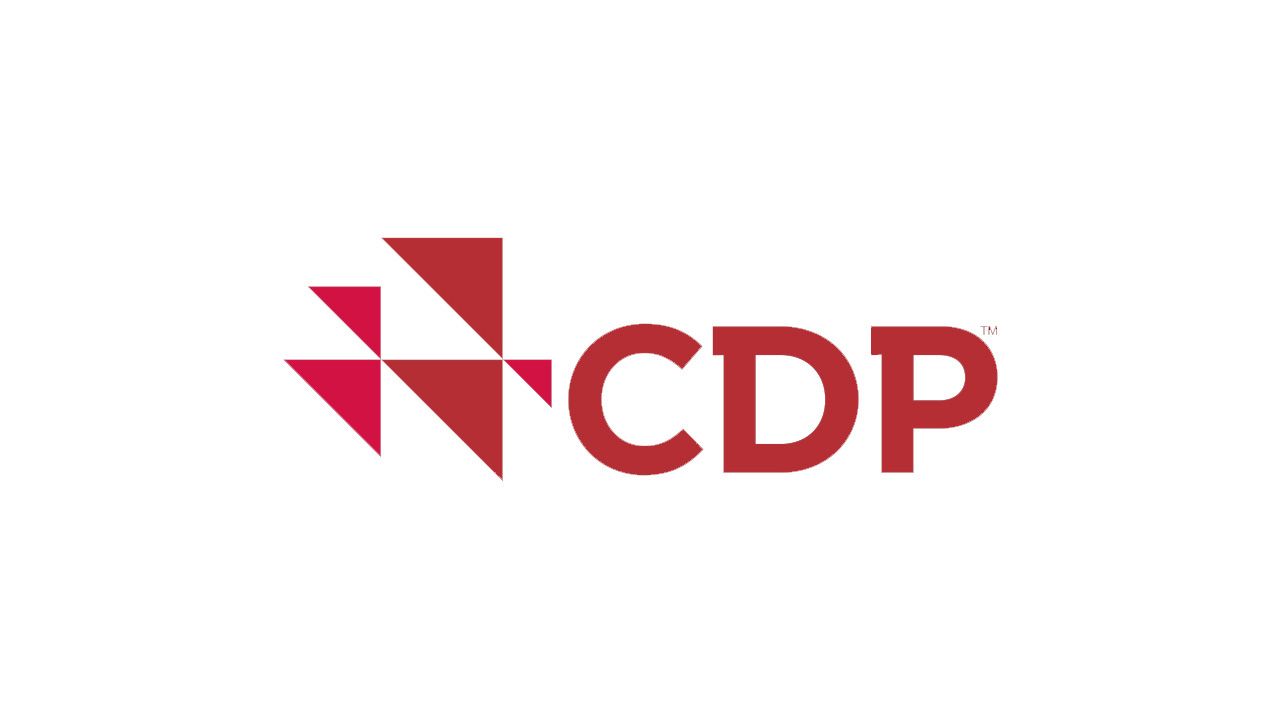SUSTAINABILITY
AT BIC, WE BELIEVE IN PROVIDING SIMPLE, INVENTIVE, RELIABLE CHOICES FOR EVERYONE
At BIC, we believe in simple, inventive and reliable solutions for everyone, everywhere. And we believe in acting responsibly with the planet, society and future generations in mind.
Sustainability has been a cornerstone of our business for more than two decades, and our approach to it is rooted in our company’s values and woven into our day-to-day operations. True to our philosophy of honoring the past and inventing the future, we want our commitment to sustainability to be long-term and far-reaching.
Our ambition is to ensure that we limit our impact on the planet and make a positive contribution to society, including the lives of our consumers, customers and team members.
From the beginning of every product journey, our design principle is to create maximum longevity using just what’s necessary. With this as our starting point, we aim to eliminate waste and pollution, minimize the impact of our products throughout their life cycle, and recirculate the materials they are made from, supporting a more circular economy that benefits people, our business, and the world around us.




BIC received a B score through the Carbon Disclosure Project (CDP), a globally recognized authority on carbon emissions. This ranking highlights the company's commitment to reducing its impact on climate change and supporting the circular economy.

BIC has renewed its commitment to the climate by signing the French Business Climate Pledge alongside 100 major French companies. BIC was one of the first signatories of this initiative after its creation in December 2017.
California AB 1305 Disclosures
AB 1305-compliant substantiation for our climate goals and accomplishments is provided in our Sustainability Report and Universal Registration Document (URD).